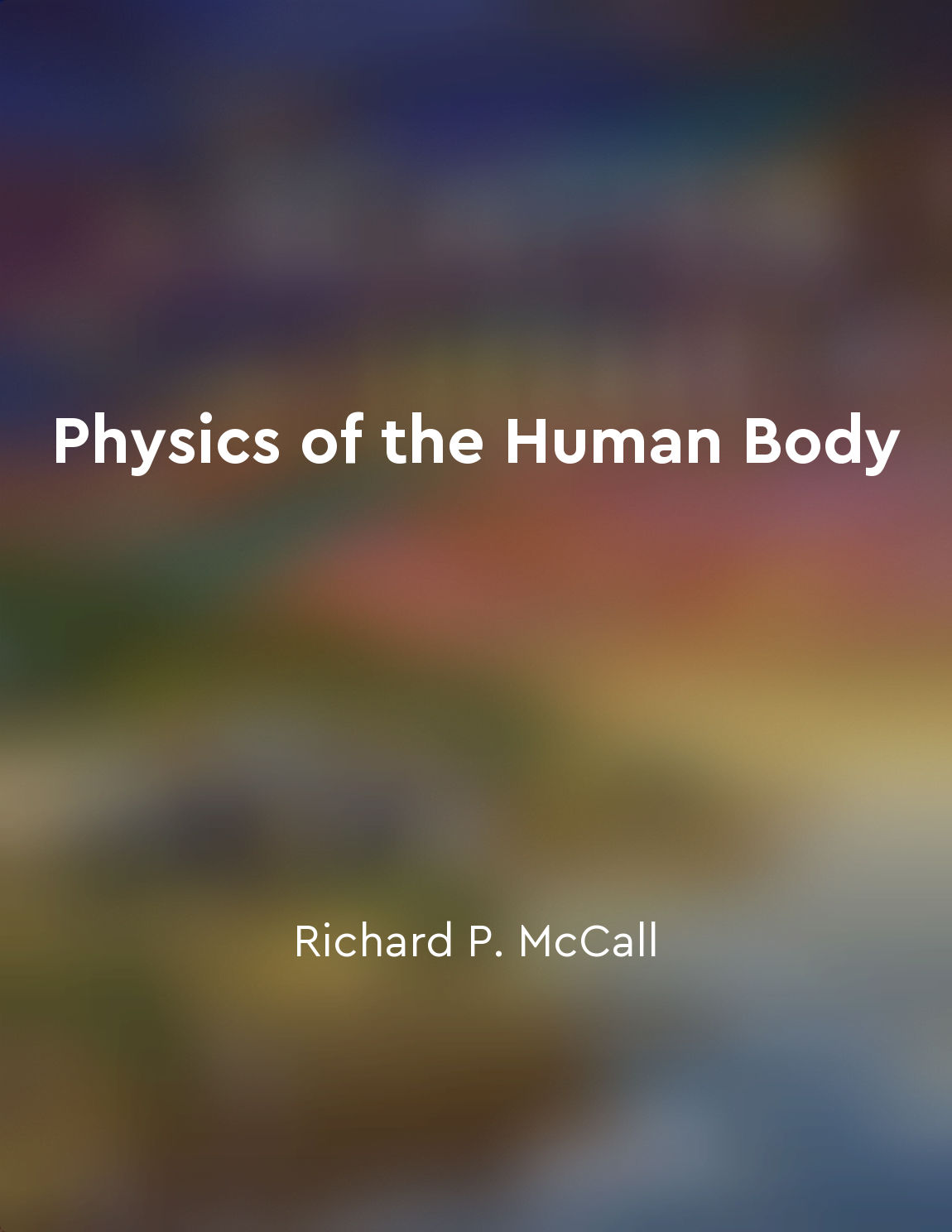Consciousness emerges from physical processes in brain from "summary" of The Grand Design by Stephen Hawking,Leonard Mlodinow
The idea that consciousness arises from the physical workings of the brain is a concept that has been widely accepted in the scientific community. According to this view, the brain is a complex network of neurons that interact with each other through electrochemical processes. These interactions give rise to the various mental states that we experience, such as thoughts, emotions, and perceptions. Neuroscientists have made significant progress in understanding how the brain gives rise to consciousness. Through techniques such as brain imaging and electrophysiology, researchers have been able to observe the brain in action and identify the neural correlates of different mental states. They have found that specific regions of the brain are responsible for different functions, such as vision, language, and memory. Moreover, studies on patients with brain damage have provided further evidence for the link between the brain and consciousness. For example, individuals who have suffered damage to the visual cortex may become blind, even though their eyes are still intact. This suggests that consciousness is dependent on the physical integrity of the brain and its ability to process sensory information. In addition, advances in artificial intelligence have also shed light on the connection between physical processes in the brain and consciousness. Scientists have been able to create computer models that simulate the workings of the brain, and these models have exhibited behaviors that are similar to human cognition. This further supports the idea that consciousness emerges from the physical processes of the brain.- The concept that consciousness arises from the physical workings of the brain is supported by a wealth of scientific evidence. While the exact mechanisms underlying this relationship are still not fully understood, researchers continue to make progress in unraveling the mysteries of the mind.
Similar Posts
Contemplative practices for inner peace
Contemplative practices, such as mindfulness meditation, have long been utilized in Buddhist traditions as a means of cultivati...

Optics explains how the eye perceives light
The field of optics plays a key role in understanding how the eye perceives light. When light enters the eye, it passes through...

Ethical concerns must be addressed with emerging technologies
As we plunge headfirst into a future where our understanding of the mind is poised to undergo revolutionary transformation, it ...

